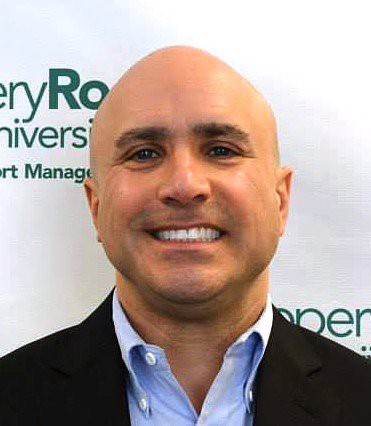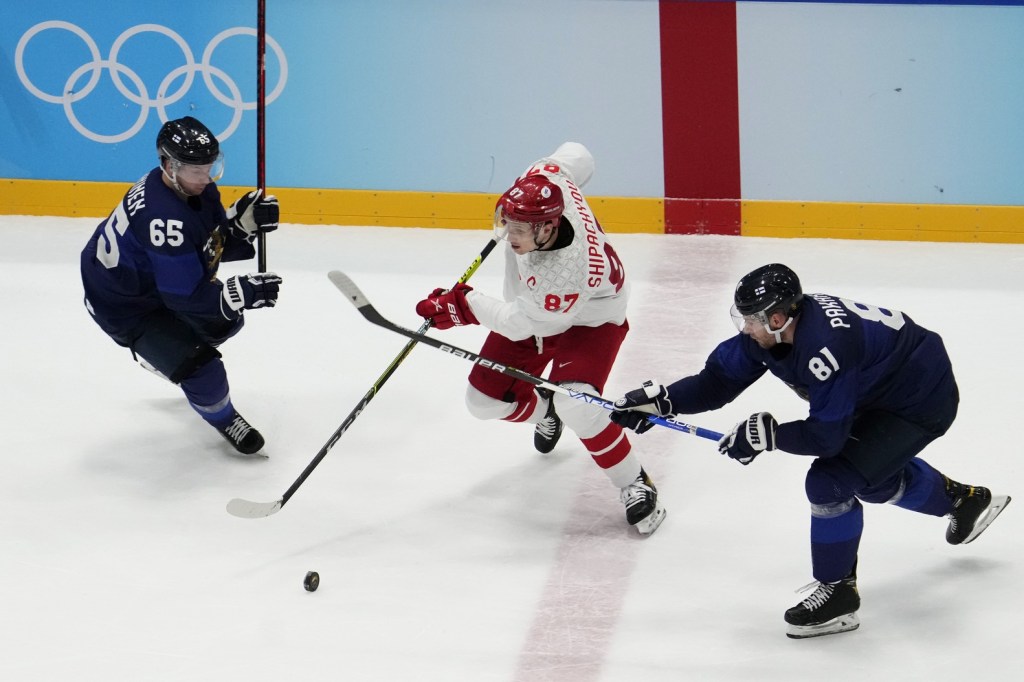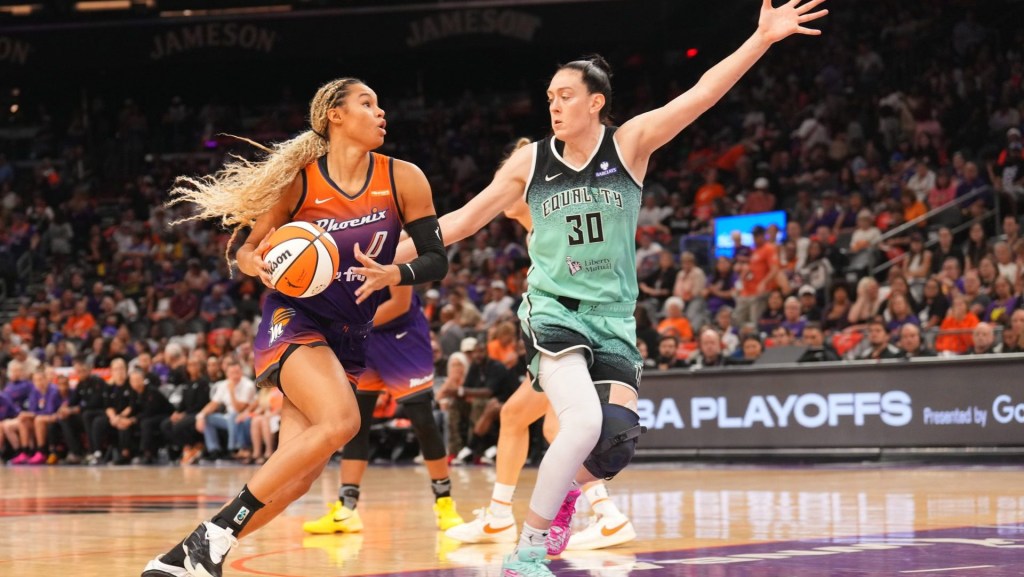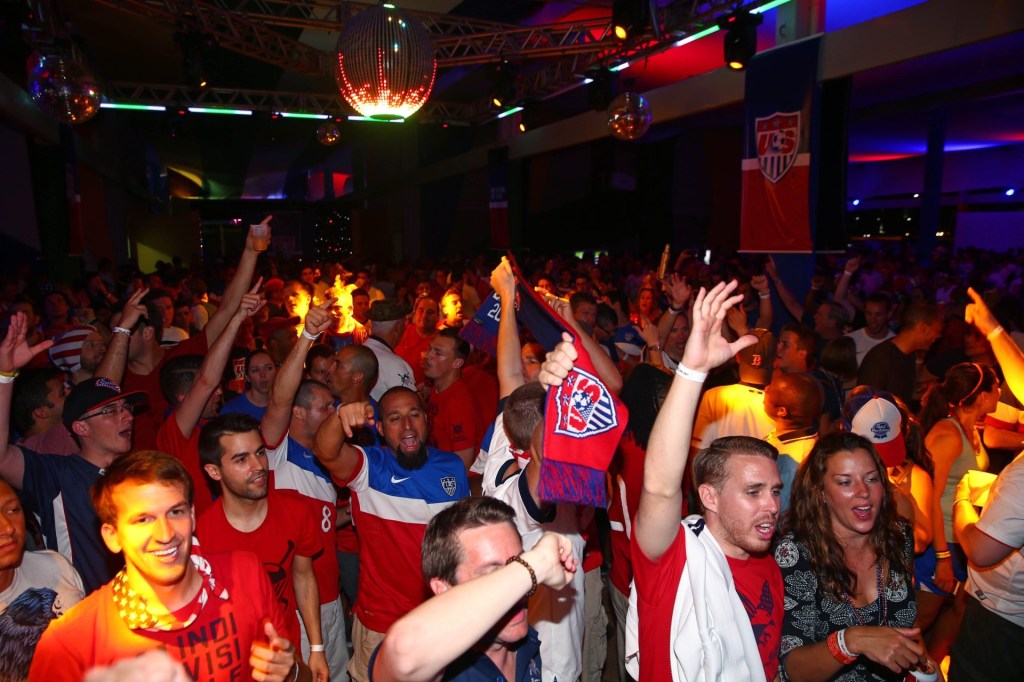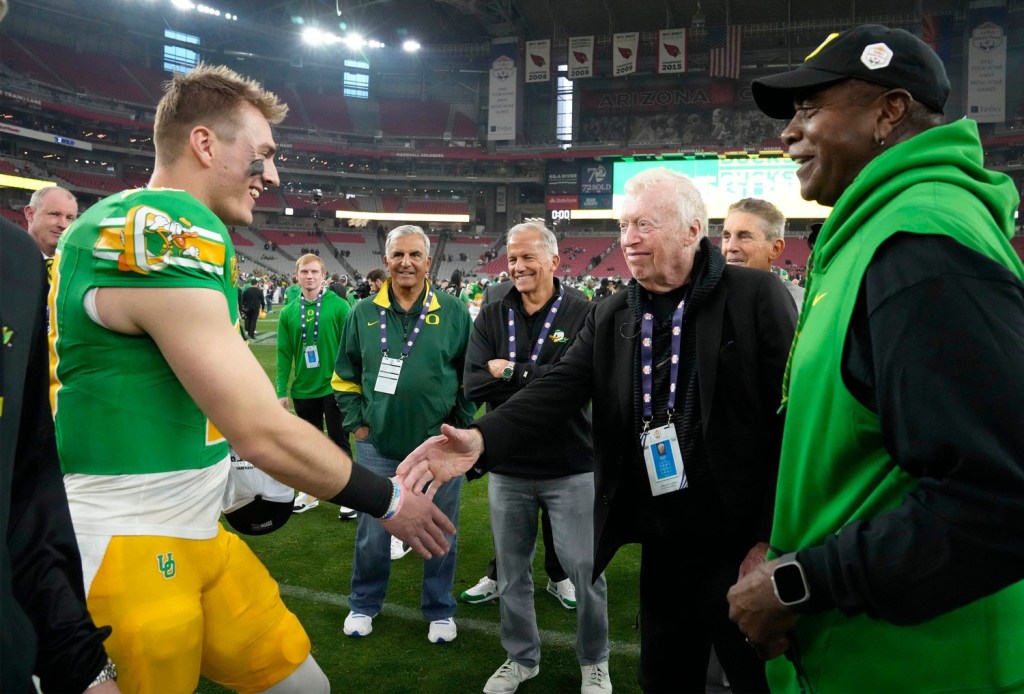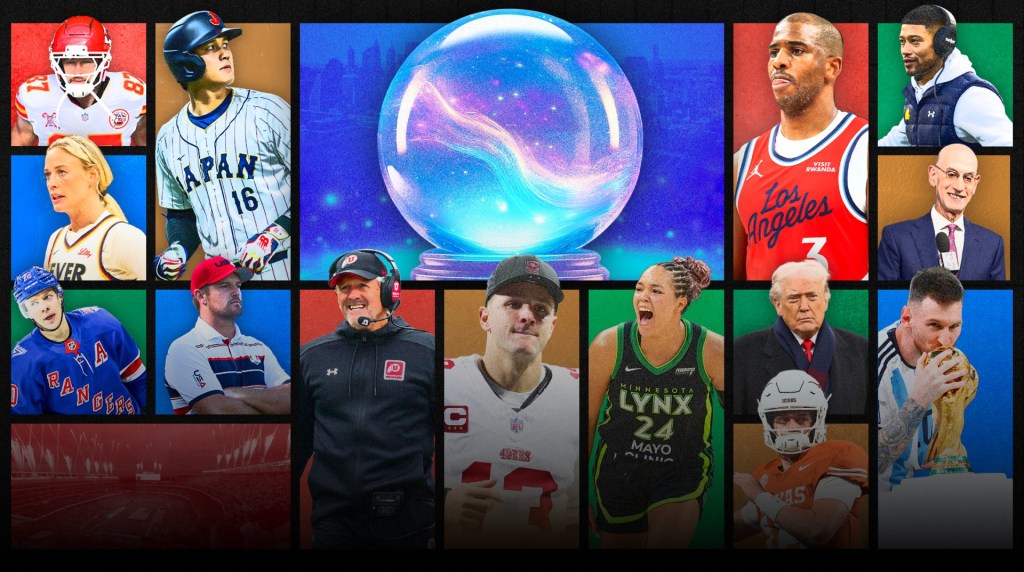By: Joseph Barca, @BarkyCat

Front Office Sports is proud to have sat down with Dr. Brian Crow, Founder and CEO of GameDay Consulting. Dr. Crow is a veteran Professor at Slippery Rock University in Pennsylvania. He was gracious to share with us his passion for Higher Education and the story behind his consulting company, GameDay Consulting.
How did you break into the Sports Business Field?
Well, after my Graduate Assistant position I thought I wanted to be an Athletic Director. I was married at the time and my wife was in the Air Force so we moved around a bit. I was fortunate enough to find a faculty position and I realized that my passion was on the Higher Ed. side. As a professor, I first taught at the University of Southern Mississippi. I then went to Hampton University for four years and I just finished my fourteenth year at Slippery Rock University. Then, in 2005, I started my company, GameDay Consulting.
What’s the story behind GameDay Consulting?
First of all, GameDay is a guest service company. We do customer service training for the front line staff for both professional and college sports venues. Some of our past clients include the Buffalo Bills, the Baltimore Ravens, and the Pittsburgh Steelers. As far as colleges go, we’ve worked with schools like Oklahoma, Oregon, and Auburn. So we got started in 2004, when I had a former student who worked for the Buffalo Bills and she said, “Dr. Crow we have someone who comes in and does training for our staff and I think you can do just as well or maybe better.” I hadn’t even thought about it before, but I went out there and talked to her. We put a proposal together and did not get hired that first year, but we kept plugging away and figured out what made sense. In 2005, the Bills hired GameDay to do their guest service training, and we’ve worked with many teams since then.
Another service we provide is conducting secret-shopper quality control audits and where we go undercover in a stadium and we test the interactions we have with the staff. We’ll see how much information they know about the stadium, if they know when the next game is, where the nearest ATM, and questions like that. We also look at the stadium layout and amenities, like if sign locations make sense or how ingress could be improved. We just basically give an overview of what the fan experience is in the stadium and then we provide feedback to the folks who hired us so they can make adjustments.
How did you progress throughout your career?
On the professor side it’s pretty structured. You start out as an assistant professor then move to an associate professor, then after you’ve published and put in the work, you can become professor. I’ve also had a lot of mentors along the way, including Dallas Branch at West Virginia. There are a lot of sport management programs in the US and a lot of good faculty members that aren’t just professors but actually go out and do work in the industry. One of the influential folks on the teaching side was Dr. Catriona Higgs at Slippery Rock University. She’s made me about 100 times better as a professor than I was when I first arrived at Slippery Rock.
On the consulting side I’ve learned a lot about venue management and improving the fan experience from great professionals like Aaron Schmitt at MetLife Stadium, Andy Major with the Bills, April Messerly at WVU, Rob Thompson at Heinz Field, Brendan Fouracre at Cincinnati, Mike Penner at Ohio State, and lots of other folks who helped along the way. A lot of people ask me, “Why don’t you just quit the professor stuff and be a consultant full time?” The number one reason is I like to have a roof over my head and food on the table, but the professor position is what allows me to do the consulting. I can pick and choose who I want to work with and solely focus on them. We only choose three to four clients a year. I don’t want to grow much bigger than that because it’ll take my focus off the other clients and my focus off my professorship.
Do you have any career highlights?
In 2005, I was elected President of the North American Society of Sport Management. It’s the premier association for sport management professors. I’ve been profiled in a couple of industry publications. What I’m most proud of though, are the jobs and the success that our students have when they graduate from all three institutions where I’ve been. I’ve maintained fairly good relationships with the students who graduate so they can ask for advice. I always tell them the two things they have to do when they graduate is to become good friends with the equipment manager and the ticket manager so they can always get me gear and always get me tickets wherever they go. Seriously though, seeing students succeed is always rewarding.
On the consulting side, we’ve worked with amazing professionals at schools within the Power 5 conferences.
Most important lessons?
I would say trust the process. Things are going to take time. We’re in an age now where everyone wants things to move quickly but you’re going to have setbacks. There are generally steps in place for a reason. People in the past, people who have gone ahead of you have established those steps. And every once in a while you’re going to see a General Manager hired who is twenty-five years old, but that is rare. Mainly, pay your dues, trust the process, get your experience, get your degree and then forge your own niche in the industry.
Advice for sports business students?
Get as much experience as you can that applies to your education. Also, don’t be afraid to reach out to industry professionals in a professional manner. Always provide something to them when asking for a connection. You’re a lot more credible that way.
We would like to thank Dr. Crow for his time and insight and we wish him the best in all his future endeavors!
You can follow him on Twitter here, or connect with him on LinkedIn here!
